Tackling Food Waste in the Restaurant Industry
Reducing food waste is a critical issue in the restaurant industry. Seven & i Food Systems Co., Ltd., a subsidiary of Seven & i Holdings, is a major player in Japan’s food service industry, operating Denny’s Japan and other restaurant chains under its umbrella. Its parent company, Seven & i Holdings, is one of Japan’s largest retail conglomerates, managing over 21,000 convenience stores, supermarkets, and department stores nationwide. In response to the growing concern of food waste, Seven & i Food Systems launched mottECO, a take-home initiative to minimize food waste. This program has expanded across the industry through a consortium of restaurant operators.
We spoke with Fuyuki Nakaué, the initiative’s creator and Head of the Environmental Subcommittee at Seven & i Food Systems, about its impact and future goals.
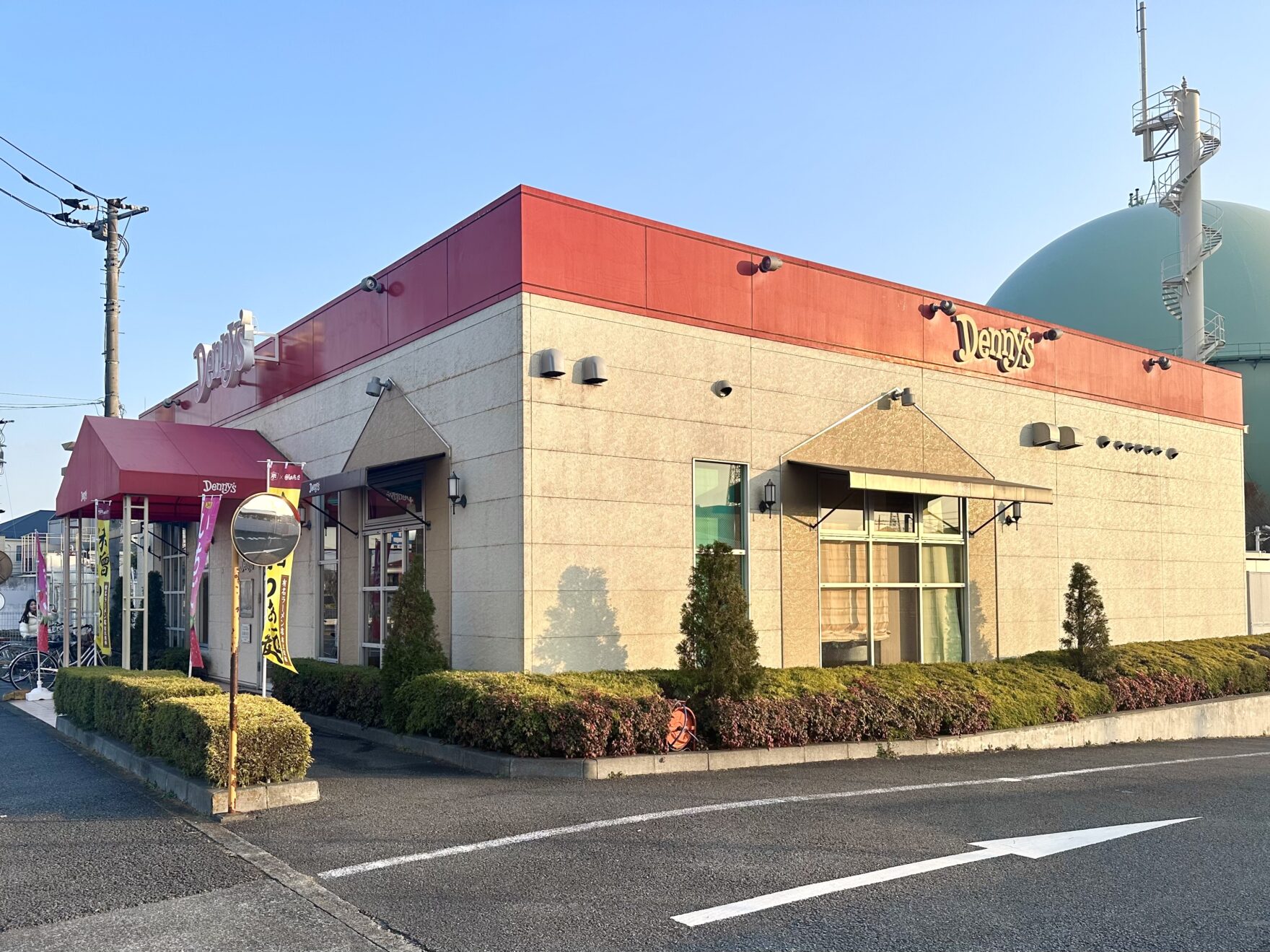
Denny’s, a flagship family restaurant operated by Seven & i Food Systems.
Food Waste Challenges in Restaurants
Japan’s business-related food waste totals 2.36 million tons annually, nearly matching household waste (Ministry of Agriculture, Forestry and Fisheries & Ministry of the Environment, 2022). With the restaurant industry valued at ¥24-25 trillion, collaboration is key to tackling this issue.
At Denny’s, food waste falls into three categories:
Kitchen Waste – One-third of total waste, reduced through improved forecasting and procurement.
Coffee Grounds – Over 20% of waste, repurposed as cattle feed.
Customer Plate Waste – The most challenging to reduce due to food contamination and hygiene concerns.
The Birth and Mechanism of "mottECO"
With the 2019 Food Waste Reduction Promotion Act, restaurants were encouraged to cut waste. Analysis showed one-third of Denny’s waste came from customer leftovers. While many restaurants avoided promoting take-home due to safety concerns, mottECO was developed as a self-responsibility system. The Ministry of the Environment supported the initiative, awarding "mottECO" as the winning name in its NEW Doggy Bag Idea Contest.
To ensure safety and ease of use, mottECO provides:
- Eco-friendly takeout containers upon request.
- A leaflet explaining national food takeout guidelines.
- Labels emphasizing customer responsibility for food safety.
- QR codes for customer feedback collection.
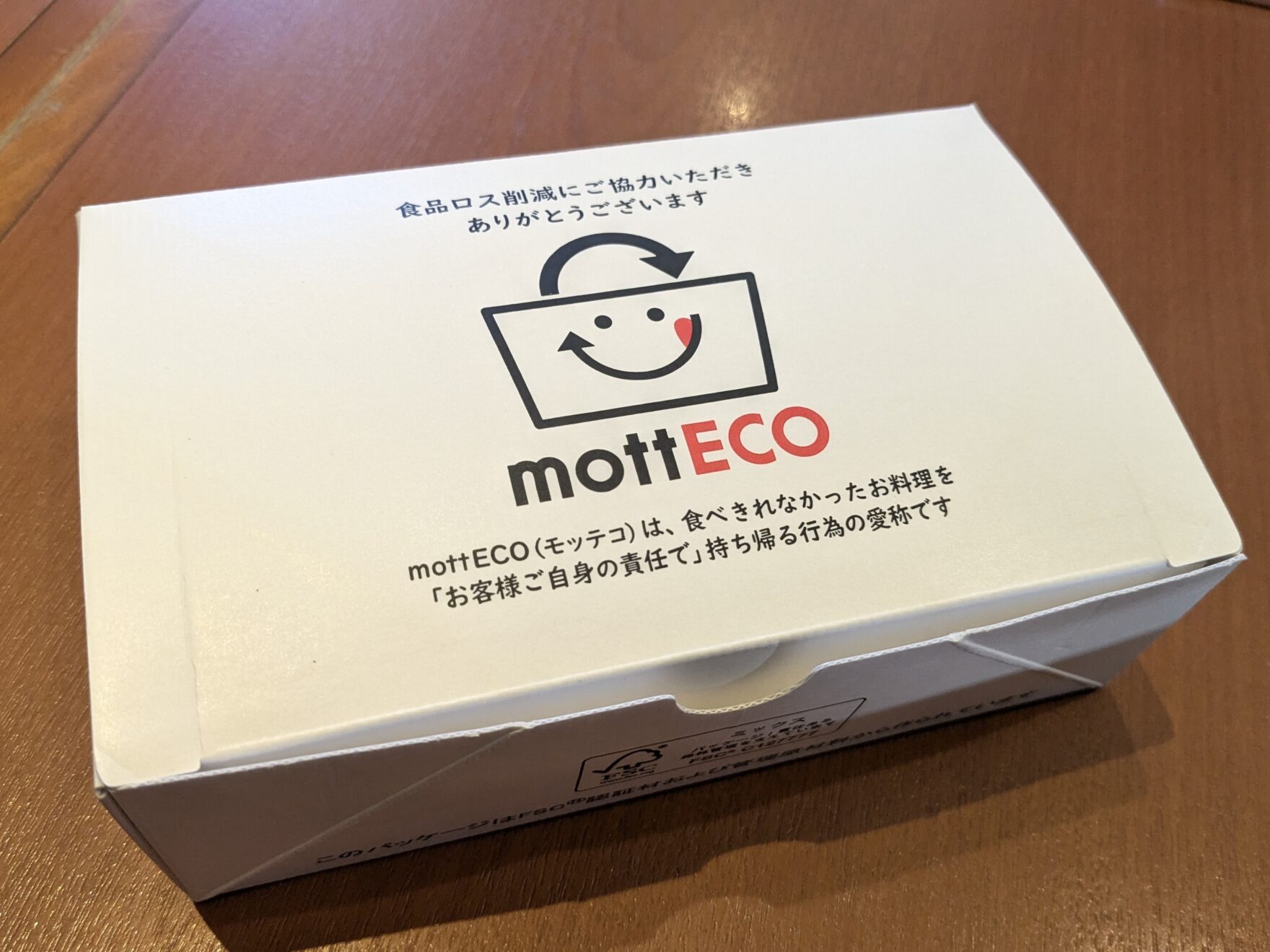
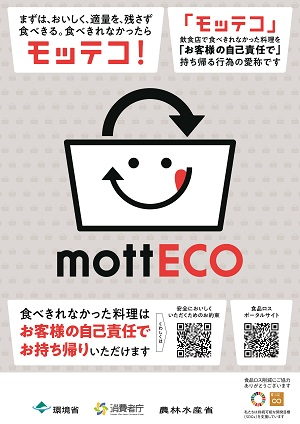
Impact and Industry Collaboration
The mottECO initiative has already demonstrated significant results in reducing food waste and fostering industry-wide cooperation. Through data collection and collaboration, its impact continues to grow:
- 99% of respondents ate their take-home food.
- 92,000 uses at Denny’s in 2024 prevented 22 tons of waste.
- The mottECO Promotion Consortium includes 30 organizations & 1,250+ restaurants.
- Competitor Royal Host joined, ensuring a consistent customer experience.
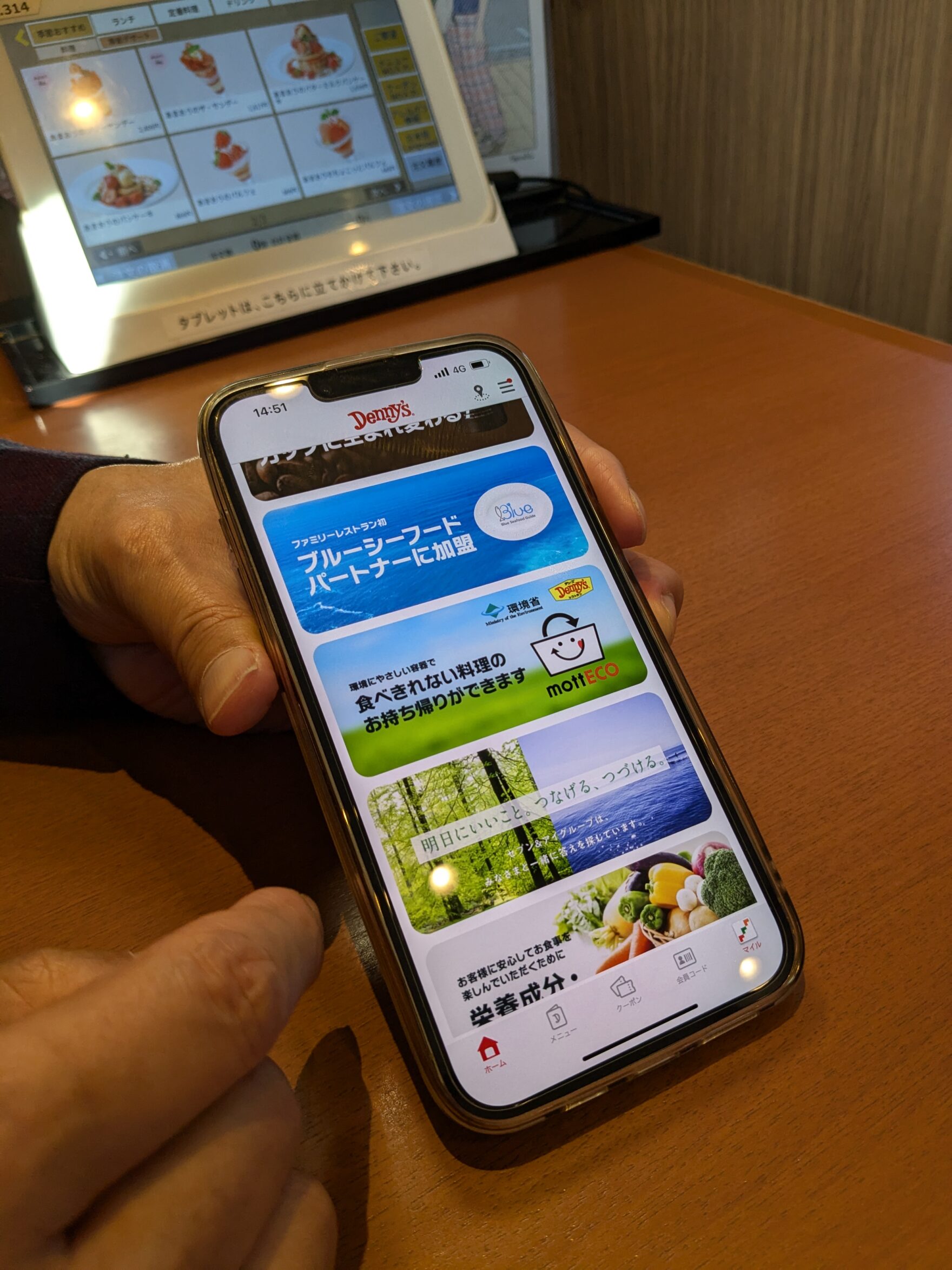
mottECO Promotion on the Official Denny’s App.
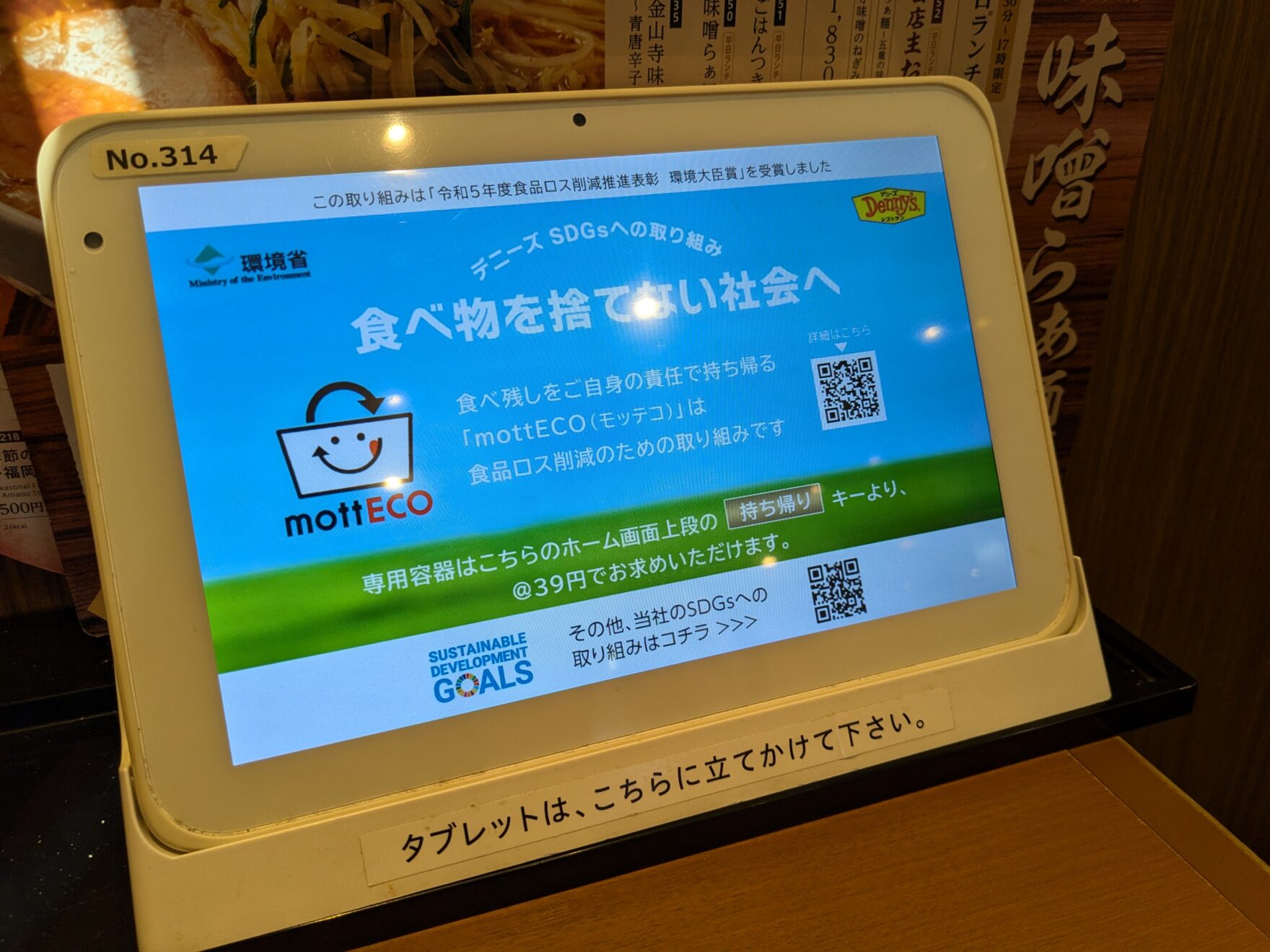
Future Goals and Challenges
With 79% of Japan’s 800,000 restaurants being small, independent businesses, expansion is difficult. However, partnerships with local governments, such as Suginami City (120+ participating restaurants), and universities like Tokyo University of Agriculture are helping spread awareness.
mottECO promotes responsible consumption, aiming to make "finishing food or taking it home" a cultural norm. Through industry collaboration and local engagement, this initiative is paving the way for a sustainable future.
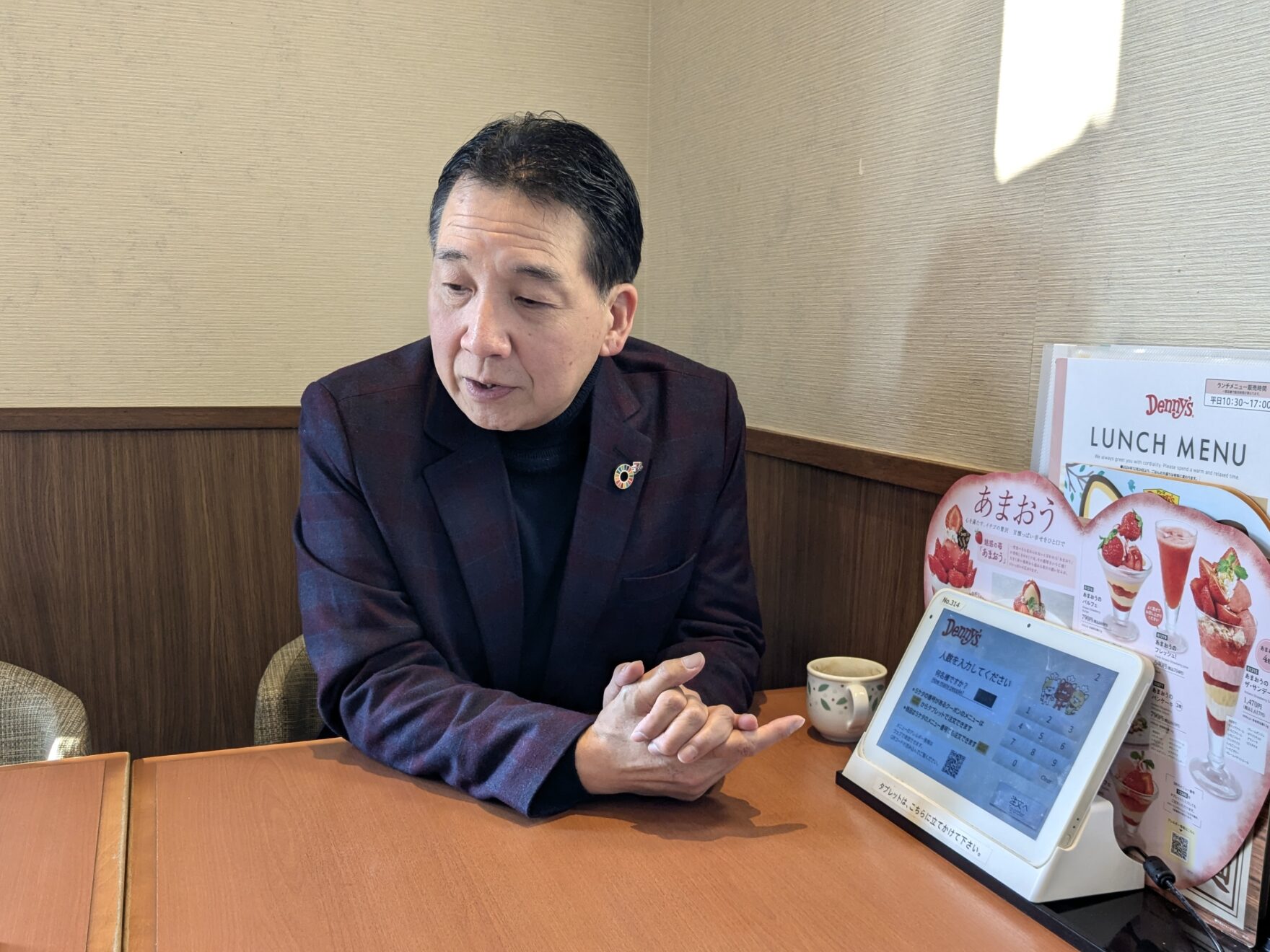

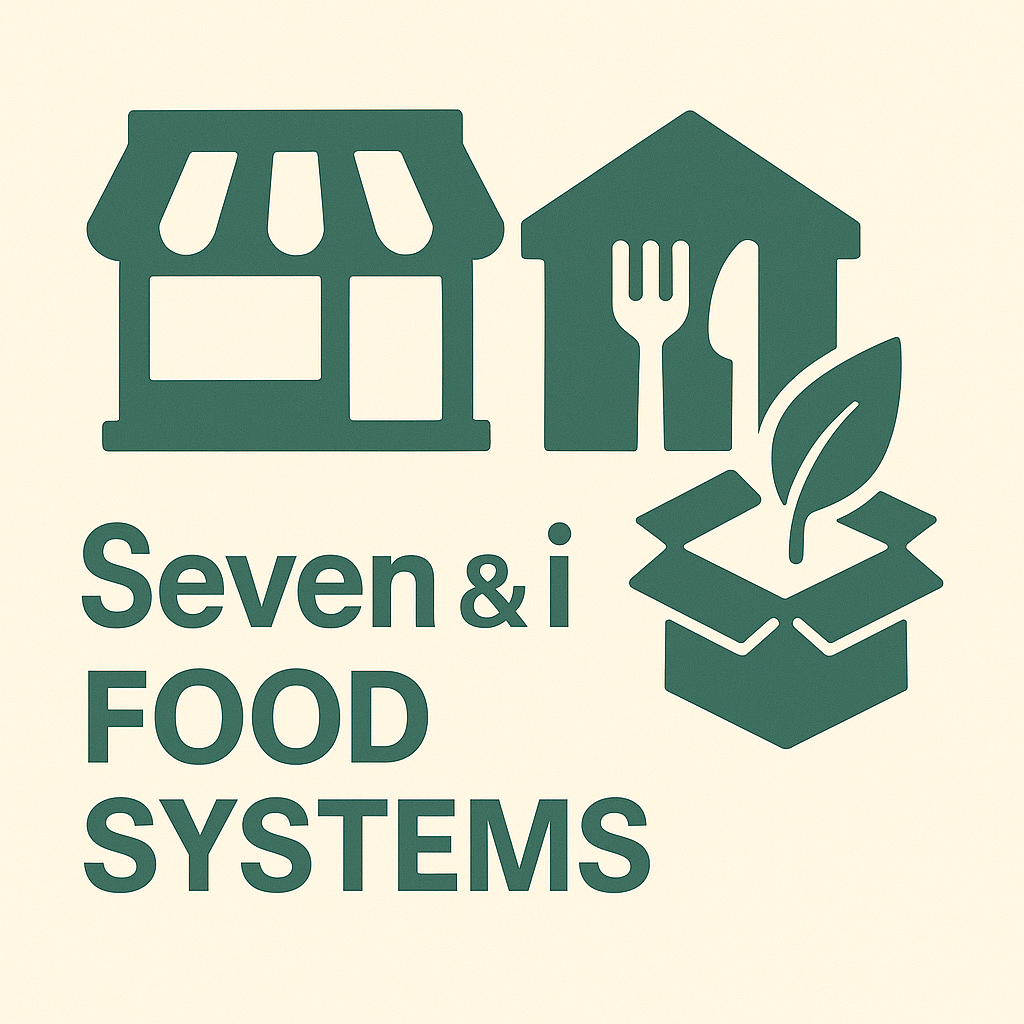

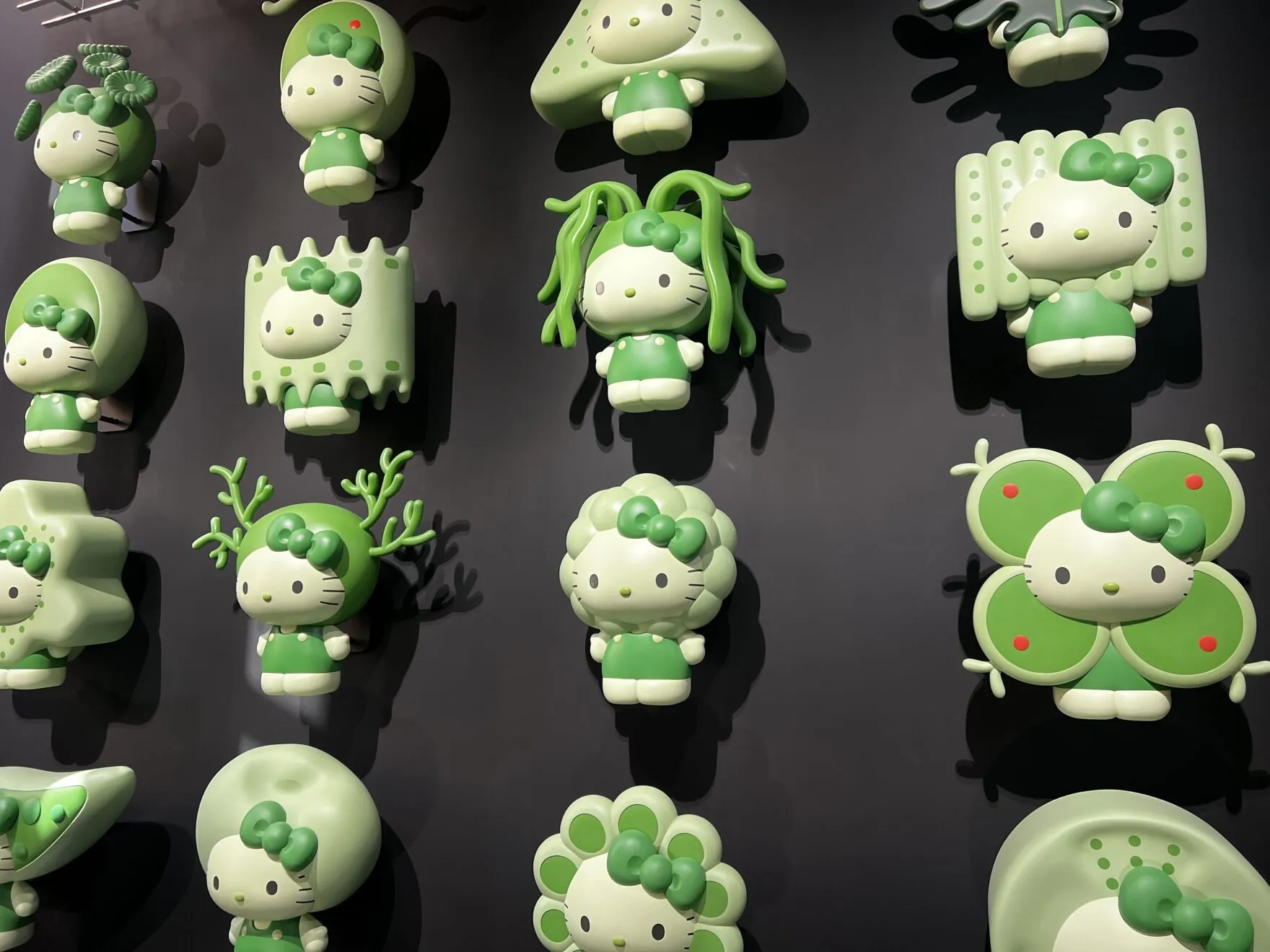
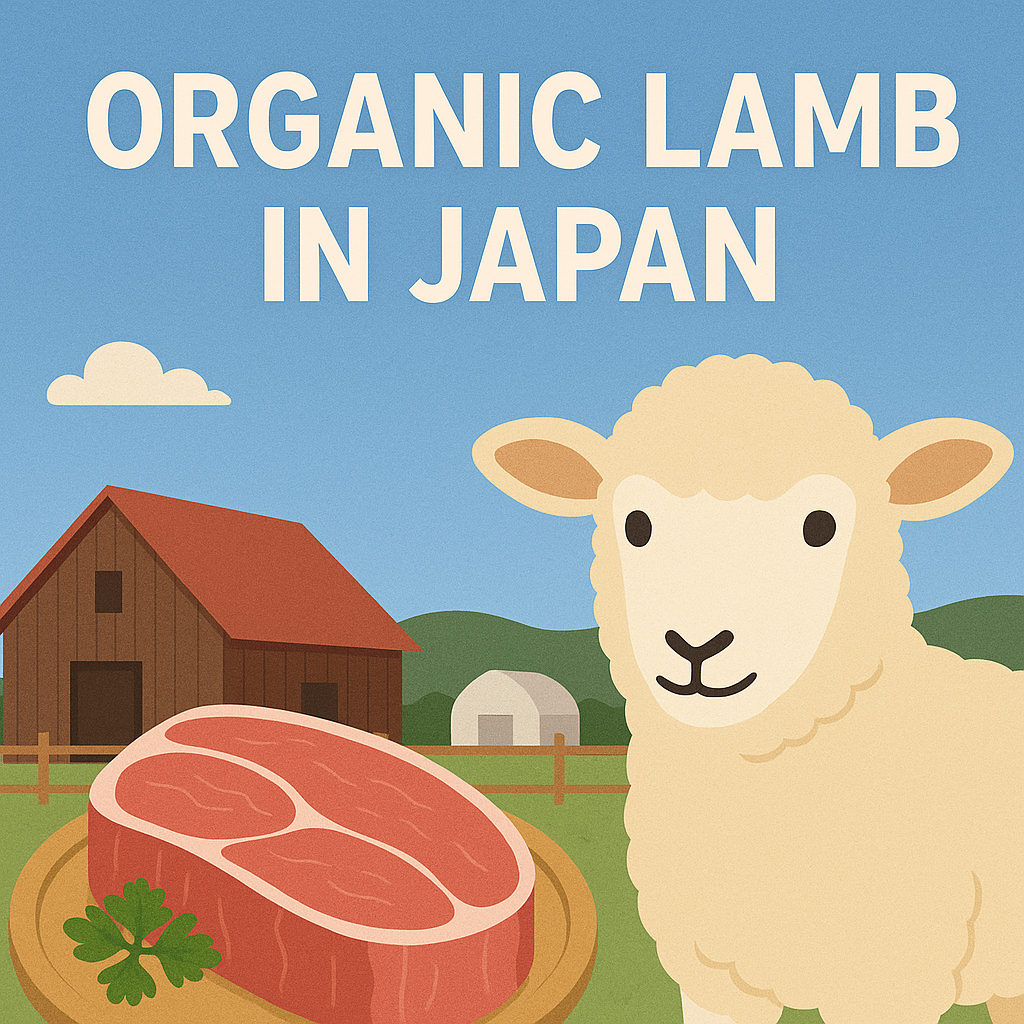

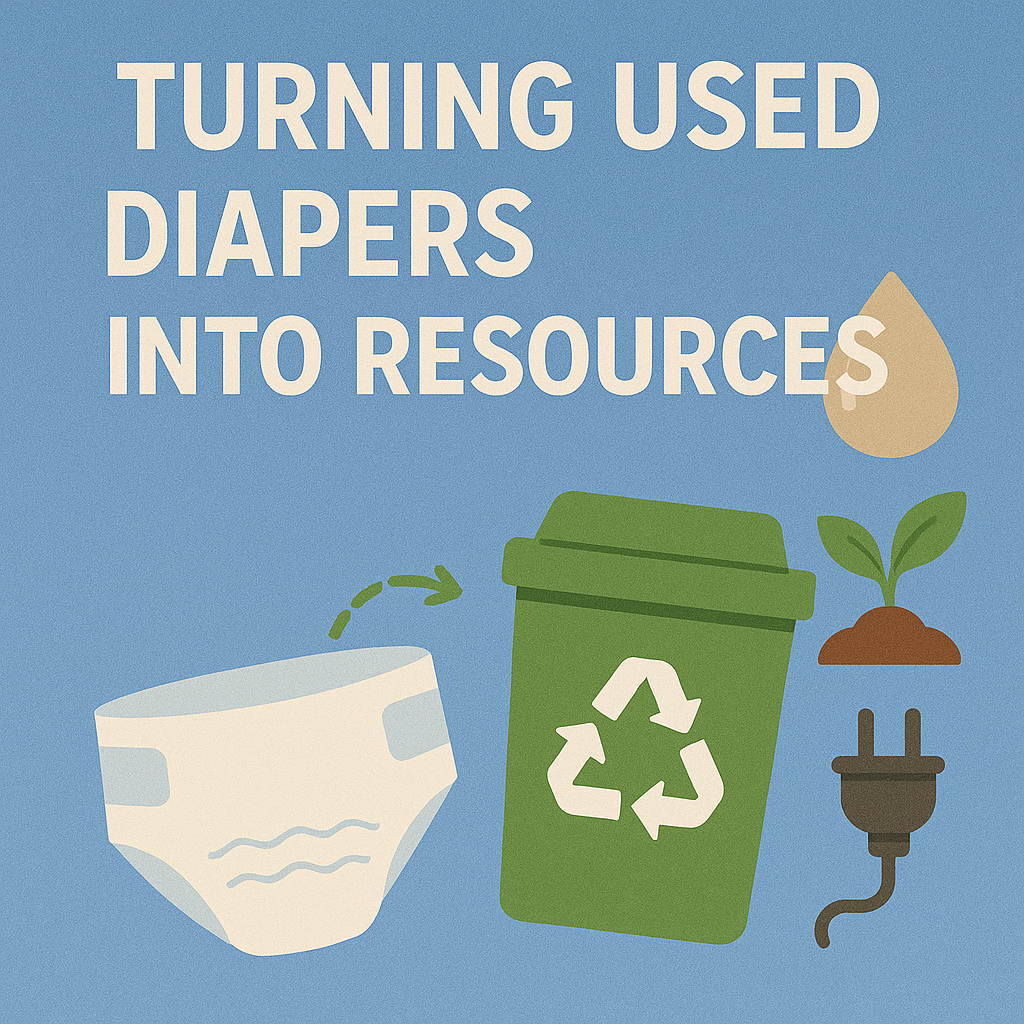

![[Paris] Expanding Urban Gardens: An Interview with the Head of a 5th District Community Garden](https://circulareconomy.tokyo/cms/wp-content/uploads/2025/09/トップ画 _n-1760x1325-1.webp)